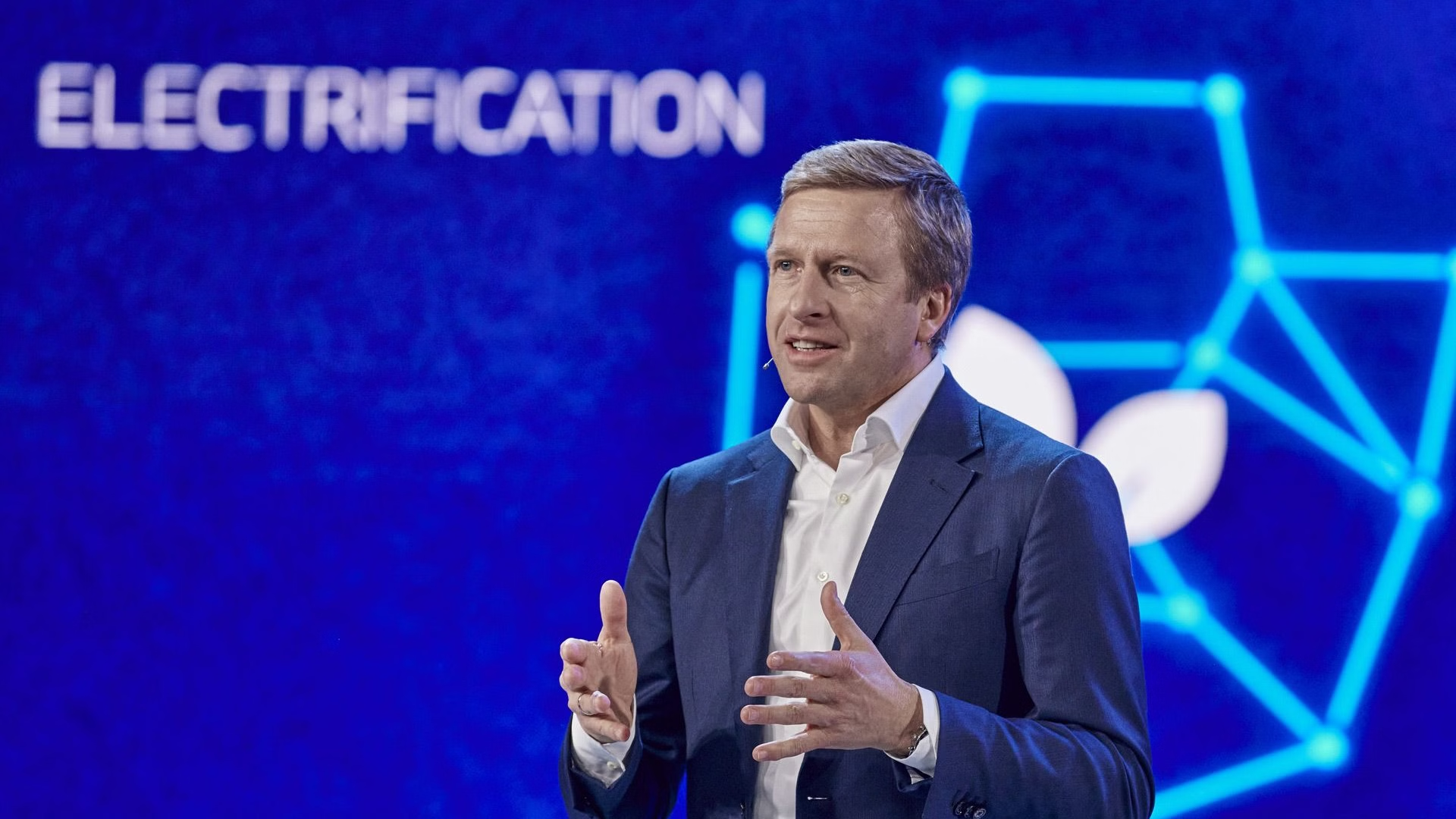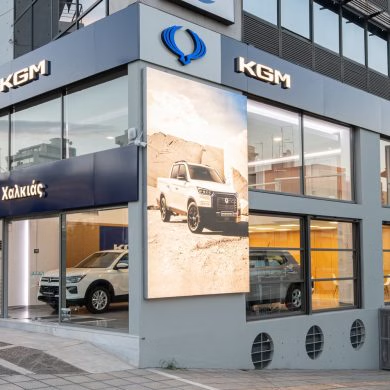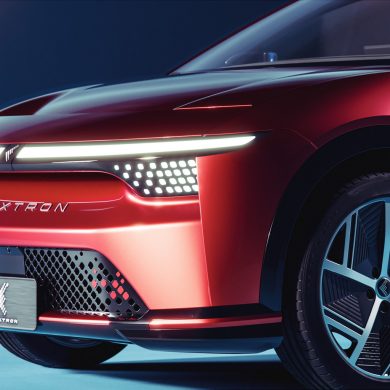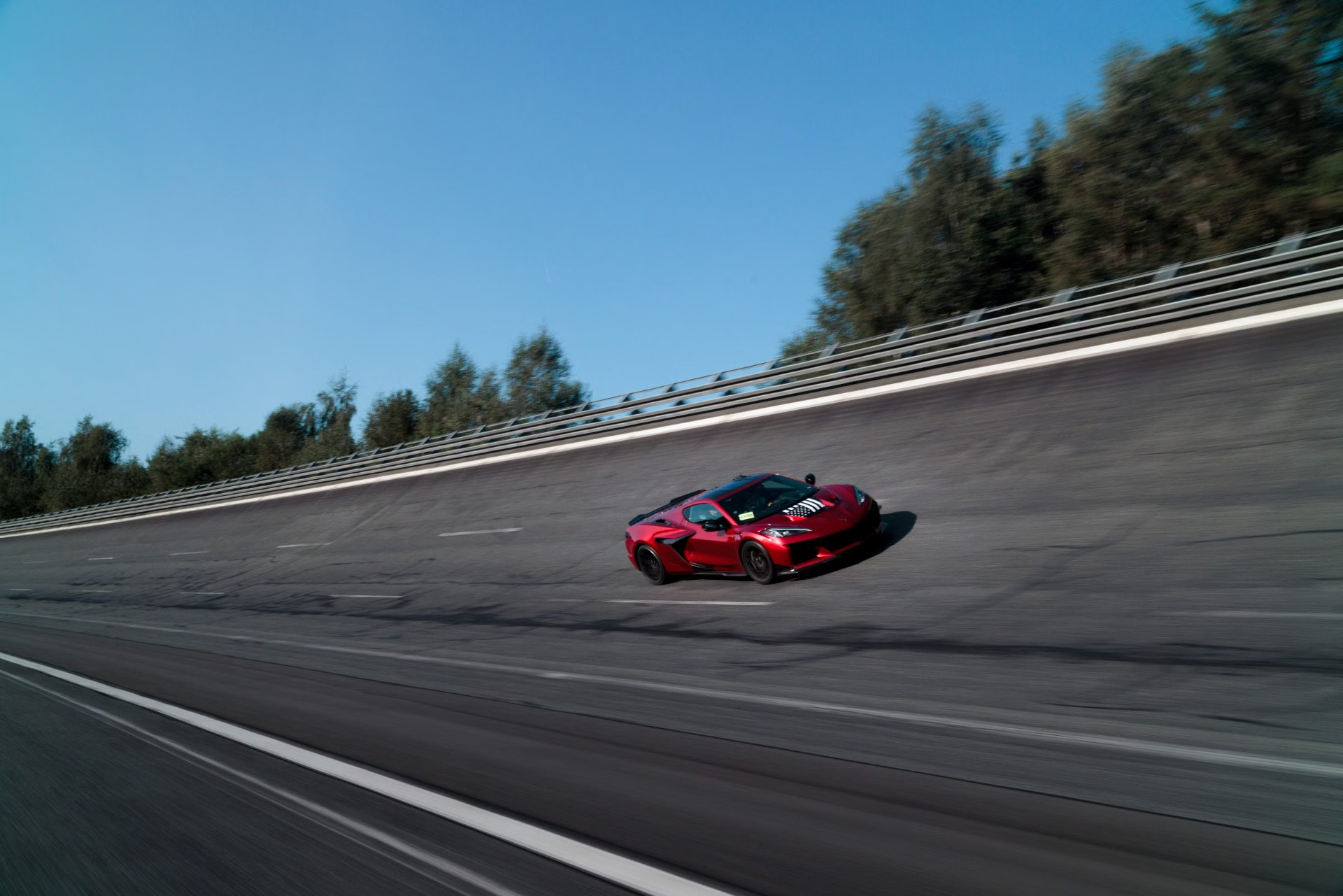
"The EU should lift the sales ban on thermal cars and reduce its dependence on China," says Oliver Zipse, as the BMW CEO argues that "the European Union must reduce its dependence on China's battery supply chain and exploit its technological advantages".
In particular, Europe should withdraw its plan to ban new fossil fuel-emitting cars from 2035 to reduce dependence on China's battery supply chain, BMW CEO Oliver Zipse said.
The European Union's plan to ban the sale of internal combustion engine cars from 2035 will lead to a "massive contraction" of its car industry, the CEO noted.
The plan is no longer realistic due to lower-than-expected electric vehicle sales and subsidies for electric vehicles are no longer viable, he said on the sidelines of the Paris Motor Show on 15 October.
"A correction of the 100% BEV target for 2035 as part of a comprehensive package of CO2 reduction measures would also offer European OEMs less dependence on China for batteries," he pointed out.
EU countries in 2023 adopted a landmark law requiring all new cars to have zero CO2 emissions by 2035, effectively banning diesel and petrol vehicles.
The internal combustion engine has long been a cornerstone of Europe's industrial landscape, playing a vital role in its manufacturing excellence. The technology not only gave rise to BMW, Volkswagen and Mercedes-Benz, but also led to a vast supply chain of small and medium-sized companies producing critical components from pistons to exhaust systems.
This industry is in danger, especially as car manufacturers shift to electric models that require fewer and different inputs. This shift is proving a challenge for the European car industry, which is struggling to cope with the removal of state subsidies and increasing competition from Chinese electric vehicle manufacturers such as BYD Co.
The ban could "threaten the European car industry at its heart", Zipse said. The measures "on current assumptions would lead to a massive contraction of the industry as a whole."
Italy is leading the call for a review of the 2025 ban, with Prime Minister Giorgia Meloni calling it "self-defeating".
Zipse's home country, Germany, has rejected an early review of the targets because of the urgency of tackling climate change.
In Paris, the head of France's PFA car association refrained from calling for the 2035 ban to be lifted, but said it was necessary to "quickly return to the table" to discuss a review of the targets, currently scheduled for 2026.
Tough target for 2025
Carmakers also have to worry about their short-term obligations, with the EU tightening its fleet emissions targets next year. If companies fail to sell more electric cars, they face fines of up to 15 billion euros ($16.4 billion).
BMW and Mercedes are on track to meet the tougher targets, while Volkswagen, Stellantis and Renault risk falling short, according to a recent analysis by Bloomberg Intelligence. Companies can buy emissions credits from over-compliant manufacturers, such as Tesla, to avoid fines.
Industry association ACEA has called on the EU to use emergency regulation to delay the 2025 targets by two years. EU rules mandate total fleet CO2 emissions of around 95 grams per kilometre in 2025 - up from 106.6 g/km in 2023.






